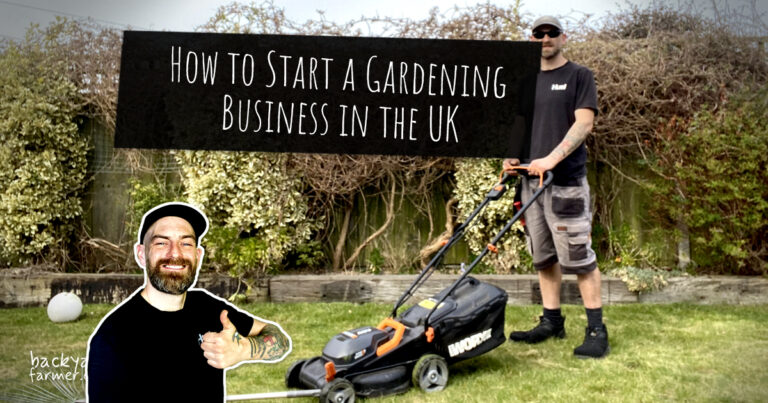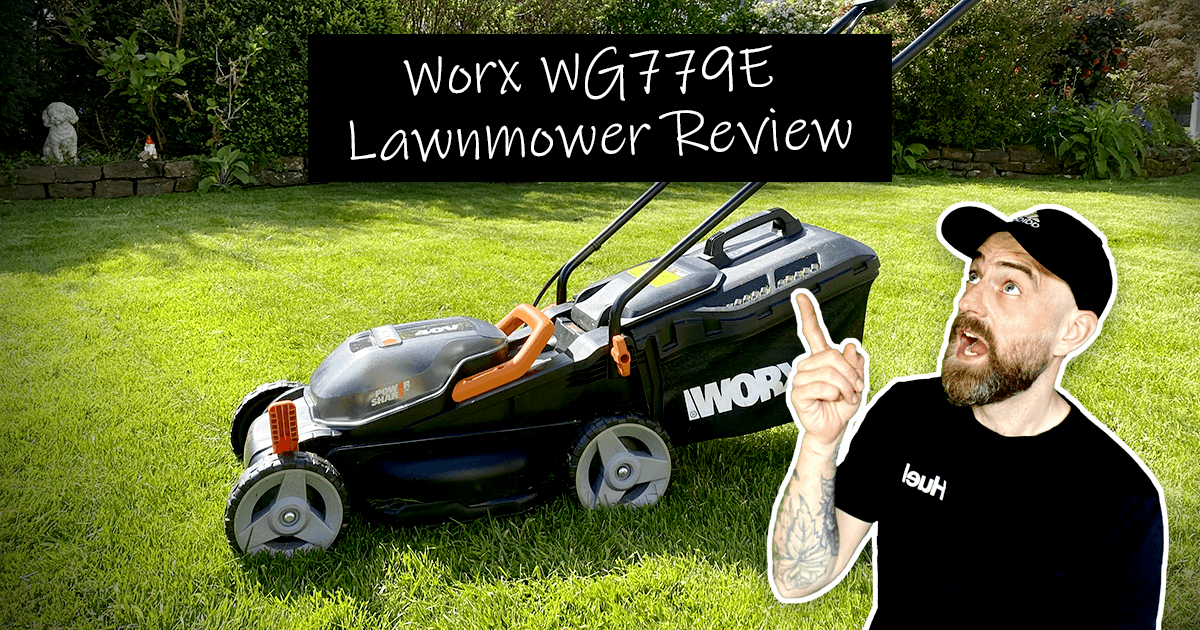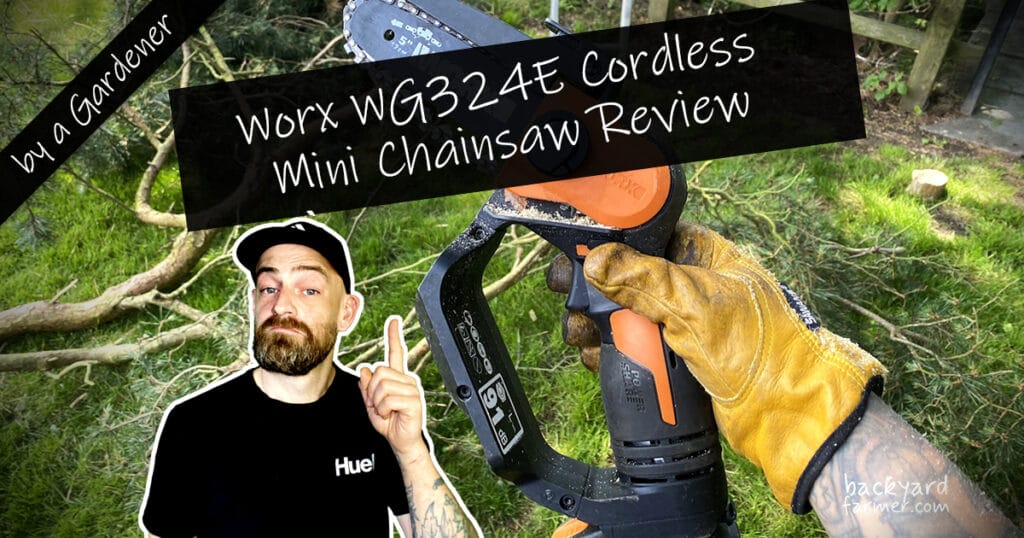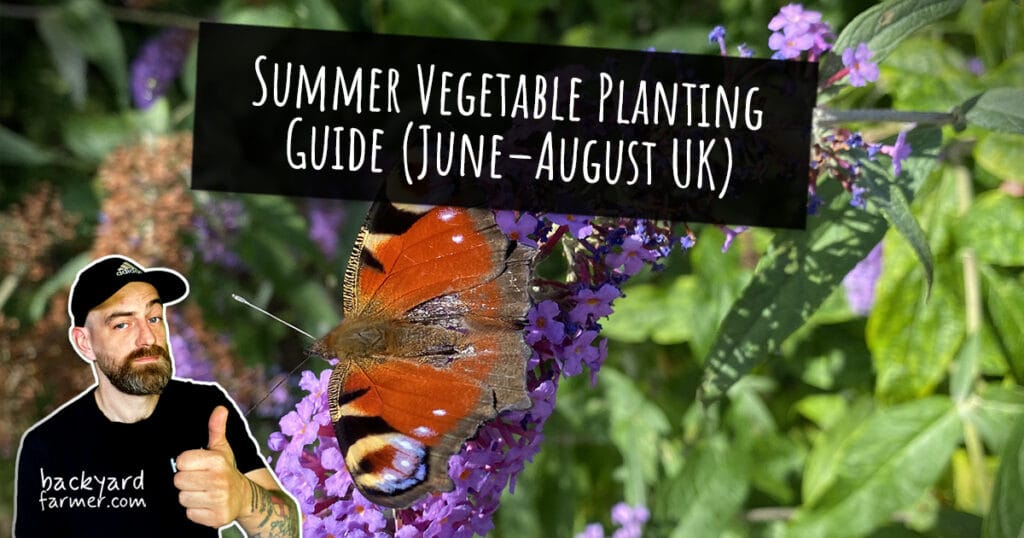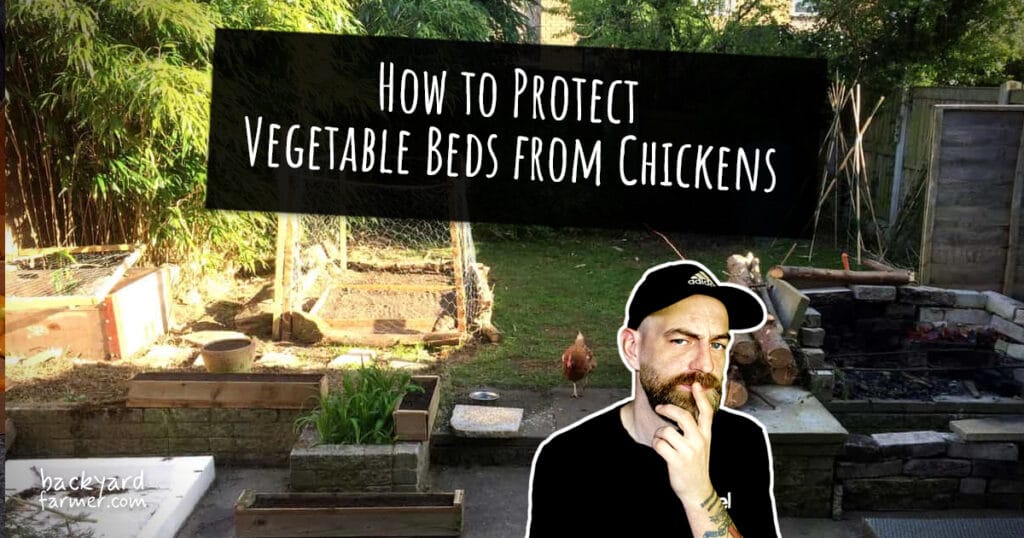Why I Started My Gardening Business
Starting a gardening business in the UK was one of the best decisions I ever made. After years of doing jobs that didn’t fulfil me, I realised I needed something more rewarding. Gardening found me when I picked up some weekend work helping a family maintain their garden.
Not only was the hourly rate better than most jobs I’d had, but I genuinely enjoyed the work. If you like nature, being outdoors, and working independently, starting your own gardening business might just be the perfect fit.
In this article, I’ll walk you through the basics of how I started my gardening business — and how you can too. We’ll cover:

- Are you the right person for self-employment?
- What if you don’t know anything about gardening?
- How much do gardeners charge?
- What tools do you need to start?
- Can you run a business without a vehicle?
- What to do with garden waste?
- What do gardeners do in winter?
- How to market your business
- How to register as self-employed in the UK
Is Gardening Right for You?
The first serious question to ask yourself is: Can I self-motivate? If the answer is no, this path might be difficult. When you’re self-employed, there are no teammates to pick up the slack. Especially when you’re just starting, you may be working entirely on your own.
That said, if you enjoy working solo, setting your own pace, and listening to your favourite radio station while working, you might thrive in this environment.
Can You Start Without Any Experience?
Key takeaway: You don’t need to be an expert — just willing to start.
You don’t need expert knowledge to start — not at all. If you can mow a lawn, you can begin offering simple services. That’s exactly how I started: basic mowing, weeding, and trimming.
Knowledge does increase your earning potential. The more you learn, the more you can charge. Resources like the RHS, YouTube, Wikipedia, and local libraries are incredibly helpful. Make learning part of your routine — it’s free and boosts your income. You’ll also find plenty of free advice online about how to set up your own gardening business, from pricing to services and even branding tips. You can also take courses or certifications (like those from the Royal Horticultural Society) as you grow.
If you’re wondering how to start a gardening business in the UK without experience, the answer is simple: begin with what you know and build from there.
How Much Do Gardeners Make? (2024 Estimates)
How to Price Gardening Work
When you’re first starting out, knowing how to price your work can be tricky. Most beginner gardeners charge by the hour, but some clients prefer fixed prices for regular jobs. Here’s what I’ve found works best:
Hourly Rate vs Per Job 🌱
- Hourly rate is ideal when you’re new or unsure how long a job will take.
- Per job pricing is great for repeat services like lawn mowing or hedge trimming, once you’ve got a feel for how long things take.
Consider Your Costs 🛠
When setting your rate, factor in:
- Time on-site
- Travel time
- Fuel or transport costs
- Tool maintenance
- Seasonal gaps in income
Example Pricing Setup 💡
- Minimum call-out: 1 hour (£15–£20)
- Lawn mow (small garden): £15–£25
- Basic weeding/tidy (2 hours): £30–£40
- Half-day rate: £60–£80
- Full day rate: £120–£150
Be Transparent 🧾
Tip: Being upfront builds trust and helps avoid disputes.
Always be clear about how you charge. For new clients, I explain that I work on an hourly rate with a 1-hour minimum, and give a rough estimate for how long the job might take. I also keep a mental note of how long similar jobs take to help me price confidently in the future.
Over time, you’ll find what works for your area, your pace, and your ideal clients.
Here’s a rough guide to rates depending on your experience and tools:
- Novice gardener without tools: £11/hour (minimum wage)
- Novice gardener with tools: £12/hour
- Experienced gardener without tools: £15/hour
- Experienced gardener with tools: £17/hour
- Certified/professional gardener: £20–£30/hour
Remember, clients are often happy to supply the tools — especially when you’re starting out.
What Tools Do You Need to Start?
Most people with gardens already own tools. When I started, I brought the basics — just enough to get the job done. Below, I’ve included quick reviews and affiliate links for the starter tools I used. These are simple, affordable, and reliable options to kick off your gardening journey.
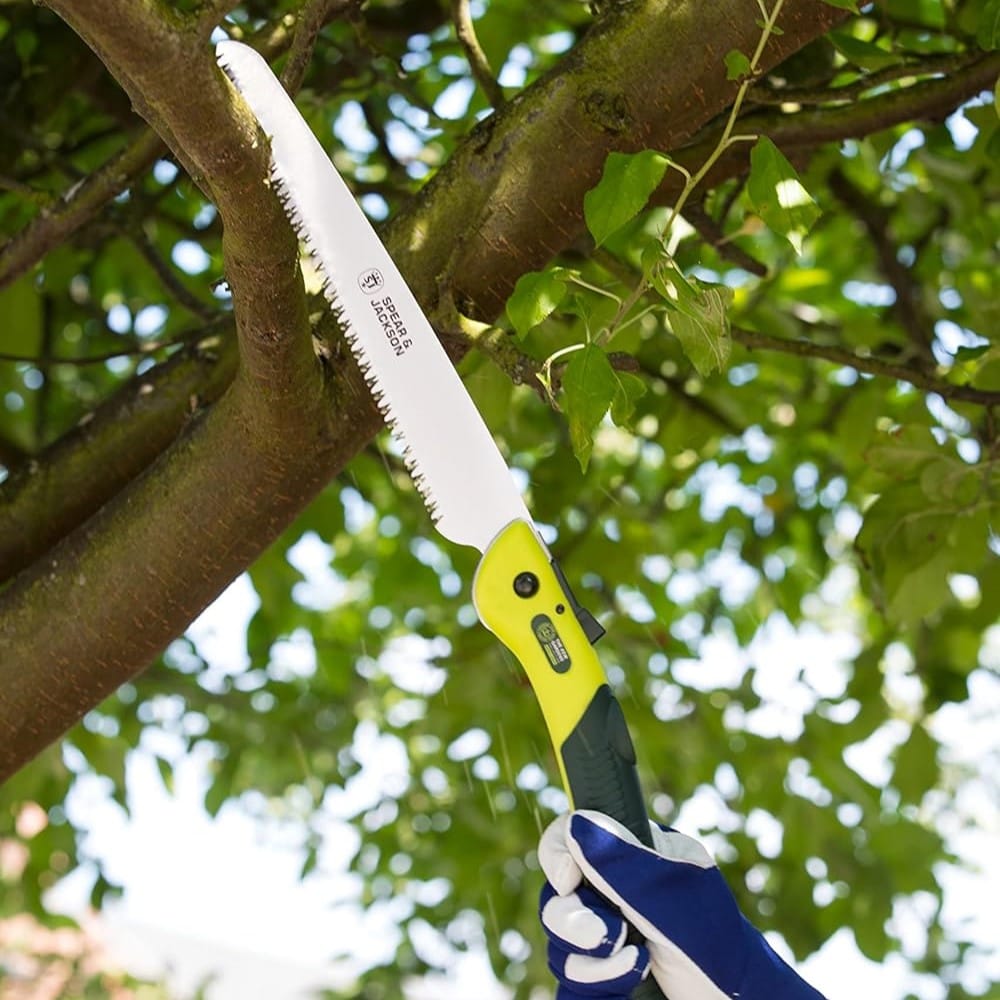
Pruning Saw
Essential for: Cutting back small branches, pruning shrubs, and breaking down dead wood.
Why I Use It: Lightweight, no fuel needed, and gets through surprisingly thick branches with ease.
👉 Check price on Amazon
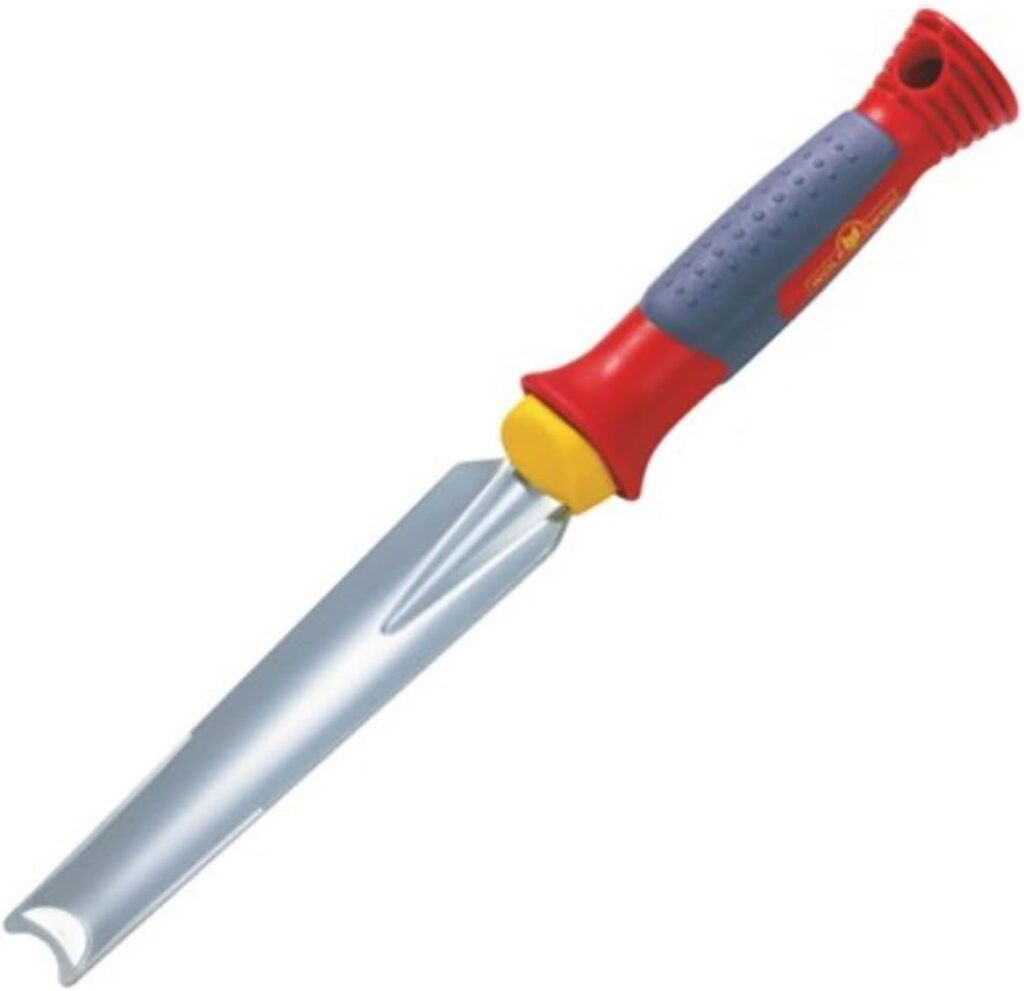
Weeding Tool 🌿
Essential for: Pulling weeds from patios, flower beds, and lawns.
Why I Use It: Great for precise jobs and less back strain than digging by hand.
👉 Best weeding tool for beginners
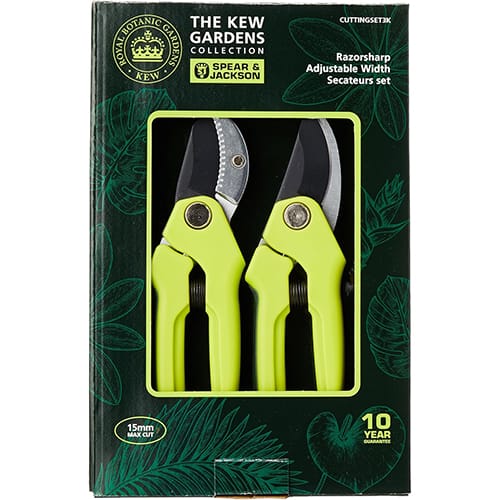
Secateurs ✂️
Essential for: Light pruning, deadheading flowers, and trimming soft stems.
Why I Use It: A solid pair of bypass secateurs is worth its weight in gold. Comfortable grip is key.
👉 See my recommended pair
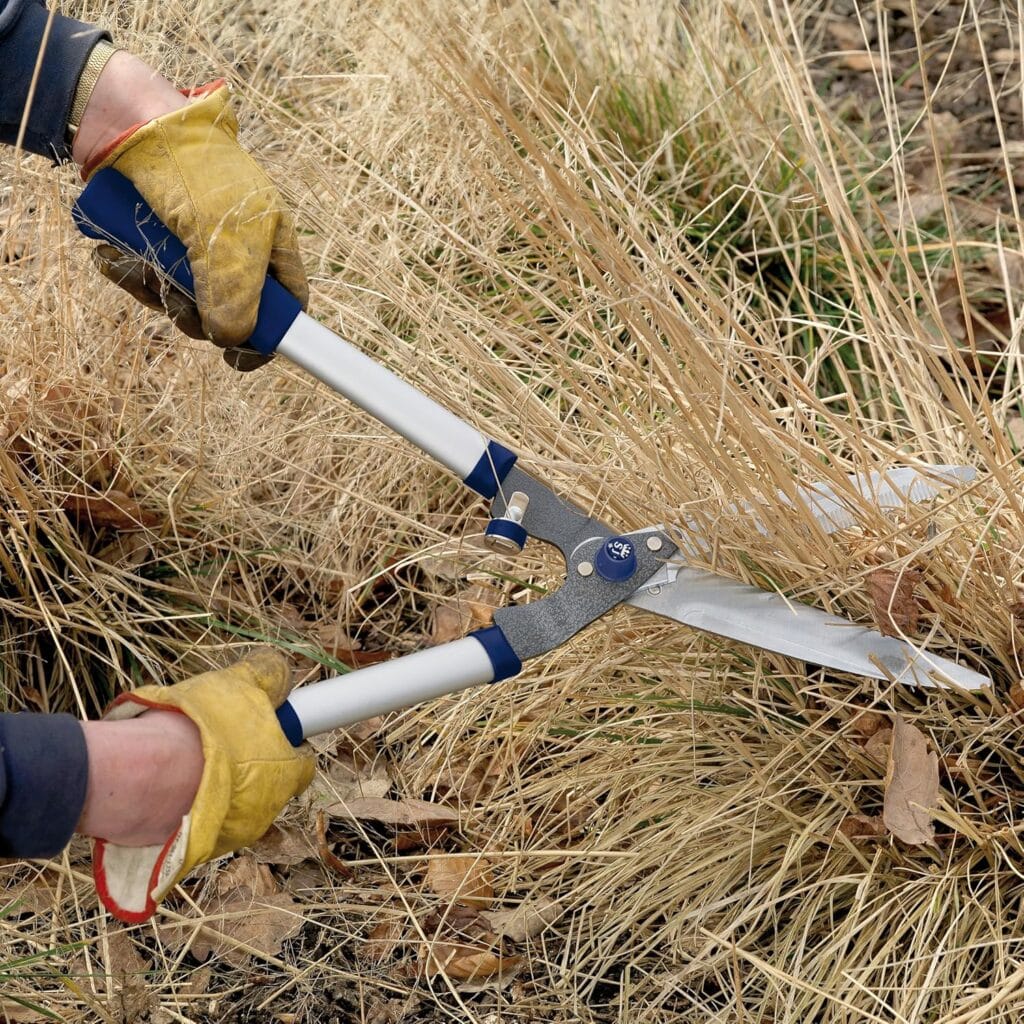
Shears ✂️
Essential for: Cutting back soft hedges, shaping shrubs, and giving gardens that tidy finish.
Why I Use It: Manual shears are quiet, lightweight, and perfect for small jobs.
👉 View top-rated garden shears

Gardening Gloves 🧤
Essential for: Protecting your hands from thorns, stings, and soil.
Why I Use It: Invest in a pair with reinforced fingertips and breathable fabric. You’ll thank yourself later.
👉 Best gardening gloves on a budget
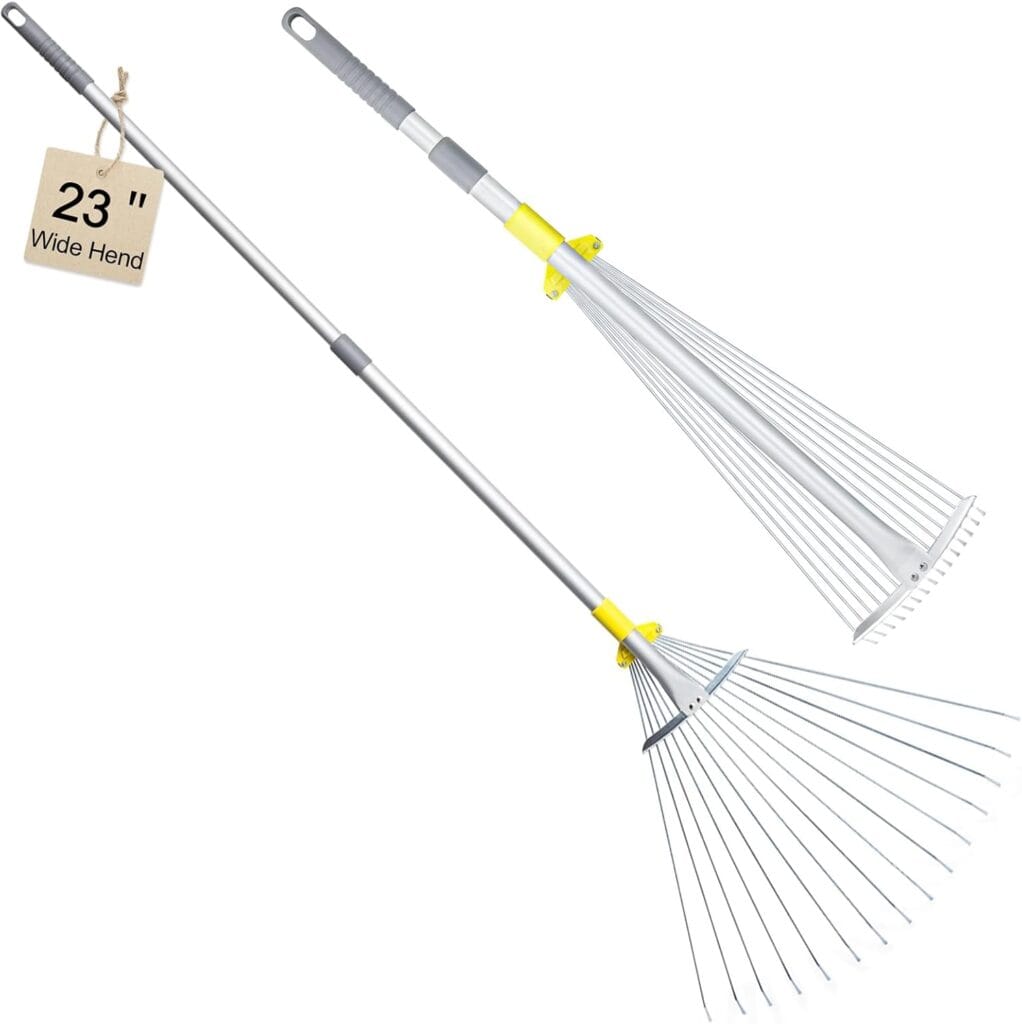
🌾 Garden Rake
Essential for: Leaf collection, leveling soil, and clearing debris.
Why I Use It: A metal rake will last you years and handle everything from leaves to mulch.
👉 Check recommended rakes
With just these tools, I was able to offer simple but in-demand services like:
- Weeding
- Lawn mowing (if the client had a mower)
- Hedge trimming (again, using their tools)
- Leaf collection
- Planting up beds or containers
You don’t need to buy everything all at once. Start with the essentials, build your confidence, and upgrade as you grow. That’s how I did it, and it works. (If you’re interested in my current setup, check out my post on the best battery garden tools. You may also like my breakdown of the tools I use every day as a professional gardener.)
My Current Gardening Tool Kit
Want to know what tools I use on a weekly basis? Here’s a look at the core tools in my kit — the ones I rely on day in, day out. These reviews are honest, hands-on, and based on real gardening jobs.
If you’re curious about the brand I use most often, I’ve also written a full breakdown answering Are WORX Tools Any Good?
Can You Run a Gardening Business Without a Van?
Yes! In fact, I still operate primarily using a bicycle and trailer. It’s one of the best decisions I made:
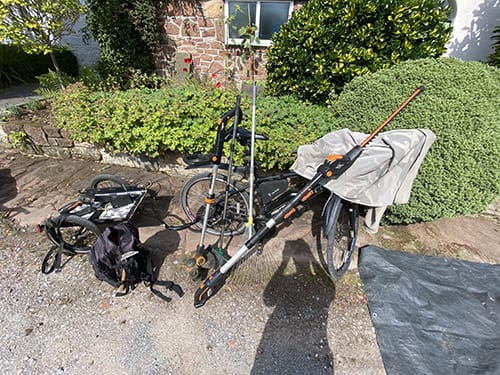
- Low overheads
- No fuel costs
- Healthy and eco-friendly
- A unique marketing angle
- No insurance or MOTs to worry about
- Doesn’t waste money sitting idle in the quieter winter months
Of course, I can’t remove large amounts of waste, but for general garden maintenance, the trailer is more than enough. Most homes in my area have a brown bin for green waste, which nearly all garden-owning households subscribe to — making waste disposal simple and sustainable. It’s also worth noting that gardening isn’t landscaping; there’s rarely large amounts of waste involved, especially when you’re doing routine maintenance like weeding, pruning, and tidying.
For more info on bike trailers and for information about th one I use, see my article Best Bike Trailer UK here.
What About Garden Waste and Licensing?
Many UK homes have green waste bins, which are usually enough for the waste I generate. When it isn’t, I fill up reusable sacks and ask the client to take them to the tip.
If you want to offer full waste removal, you’ll need a van and a licence. But it’s not necessary to get started or stay busy — and when you work out the costs, it’s not necessarily profitable either. You have to factor in time spent queuing at the tip, the cost of a waste licence for the business to legally dispose of green waste, fuel expenses, and vehicle maintenance — all for a service many clients already have covered by their council-supplied bins..
Seasonal Gardening Work & Upselling Opportunities
One way to keep your income steady and your clients coming back is by planning your services around the seasons. Gardening is naturally seasonal, and each time of year brings different jobs you can offer.
Here’s how I structure my year:
🌱 Spring
- Lawn scarifying and first cuts
- Weeding and bed preparation
- Planting annuals and veg seedlings
- Spring garden tidy-ups
☀️ Summer
- Regular lawn mowing
- Deadheading and pruning
- Strimming and edging
- Patio weeding and jet washing
🍂 Autumn
- Leaf clearance
- Cutting back perennials
- Hedge trimming
- Preparing beds for winter
❄️ Winter
- Tool maintenance and sharpening
- Light pruning and tidying
- Mulching and composting
- Planning gardens or services for next year
These seasonal jobs can be great for upselling. For example, a client who books you to mow their lawn in summer might want help clearing leaves in autumn. I always let clients know I’m available year-round and often suggest extra seasonal services when I spot a need.
What Do Gardeners Do in Winter?
Reality check: Expect fewer hours during the cold months — plan ahead.
Work slows down in winter, usually from November to February. On average, I only work around two weeks per month during that time. But the rest of the year is busy enough to make up for it.
Some gardeners use winter for planning, studying, resting, or picking up part-time work (e.g., bar shifts around Christmas).
What Clients Expect From a Gardener
Most clients aren’t just looking for someone with tools — they want someone reliable, respectful, and professional. Here’s what I’ve found matters most:
- Turn up on time (or communicate clearly if you’re running late)
- Look tidy and presentable — old workwear is fine, but no one wants muddy boots through the hallway
- Be polite and professional — you’ll often work while they’re home
- Stick to your quote — or update them clearly if something changes, especially if you’re working on an hourly rate
- Respect their garden — treat it like your own
You don’t need a certificate to build trust — just consistency, good communication, and solid work. Trust is earned through action, not paperwork.
How to Find Gardening Clients
I found most of my work through Facebook groups. Here’s what worked:
- Create a business page
- Join local groups (especially town-specific ones)
- Post a simple, honest message offering your services
I only posted once — and never needed to advertise again. Word-of-mouth and recommendations keep my schedule full. I now have a set of regular clients and maintain some very nice properties — including one valued at £1.3 million.
Insurance and Legal Considerations
While it’s not a legal requirement for all gardening jobs, I strongly recommend getting public liability insurance — especially once you’re working regularly in people’s gardens. Accidents happen, and this type of insurance protects both you and your clients if something gets damaged or someone is injured while you’re working.
You can also consider tool cover, especially if you start building a more expensive setup, and personal accident insurance if you rely solely on this income.
It doesn’t have to be expensive — there are plenty of providers that cater to small, sole trader gardening businesses. And the good news is, insurance premiums and other business-related costs can often be deducted from your taxable income when you file your self-assessment — which helps offset the expense.
Managing Finances as a Self-Employed Gardener
Smart move: A dedicated business account and bookkeeping tool saves hours.
One of the most important (but often overlooked) parts of running a gardening business is staying on top of your finances. I use the Mettle business account from NatWest, which is free to use and specifically designed for small businesses and sole traders.
The best part? It connects directly with FreeAgent, a cloud-based accounting tool that makes it incredibly easy to manage my income, expenses, and taxes. Once linked, FreeAgent pulls in all my transactions and lets me categorise them in a few clicks. It also helps me track invoices, mileage, and even submits my tax return when the time comes — no spreadsheets, no stress.
If you’re planning to stay organised and want a stress-free way to handle your finances, I can’t recommend this combo enough.
How to Register as Self-Employed in the UK
Once you’re earning consistently, you need to register as self-employed. As part of this process, it can be helpful to write a simple business plan for your garden services — even if it’s just for your own clarity. Outline your services, pricing, tools, transport, and target clients. This will help you stay organised and scale effectively.
You can register officially via Gov.uk. It’s straightforward and doesn’t cost much.
Frequently Asked Questions (FAQ)
Very little — especially if you start with basic weeding and lawn mowing using clients’ tools. Many gardeners begin with less than £100 in initial costs.
Yes. Experience matters more than certificates in the early stages. You can build up skills as you go and take RHS courses later if you wish.
Stick to simple, in-demand tasks like weeding, mowing, hedge trimming, and leaf collection. These are easy to learn and always needed.
Not at all. I’ve built a full gardening business using just a bicycle and trailer. It keeps costs down and fits an eco-friendly message.
Facebook groups and local word-of-mouth have worked best for me. Post once in your local groups and let your work speak for itself.
What Comes Next? Growth Isn’t Always the Goal
Once your gardening business is running smoothly, you might feel pressure to ‘scale up.’ But here’s my honest advice: expanding isn’t always the best move.
Bringing in staff means dealing with things like PAYE, HR, extra insurance, and a lot more admin. You may turn over more money on paper, but your hourly income can actually go down — especially once you factor in management time and paperwork.
If you find a good rhythm that works for your lifestyle, maintain it. There’s a real power in staying small, efficient, and profitable.
Gardening already pays a higher hourly rate than many traditional jobs — and the more skills you gain, the more you can charge. The more you learn, the more you earn. Whether it’s pruning, planting design, or organic methods, every skill you build increases your value.
Success doesn’t have to mean bigger. Sometimes, it just means better. More isn’t always more — sometimes enough is perfect.
Final Thoughts: Start Small, Stay Steady
Starting a gardening business changed my life. I get to work outdoors, stay active, and build something for myself. You don’t need fancy tools, a van, or years of experience to begin — just motivation, honesty, and a willingness to learn.
If you’re considering it, my advice is: start small, start local, and just start.

